Google Pixel Buds earphones Review
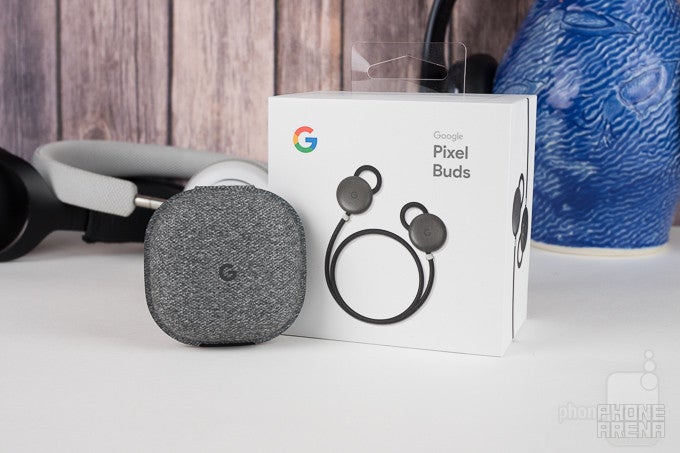
Update: You can now read our Google Pixel Buds review!
The companies behind the biggest smartphone platforms aren't just interested in selling you a handset; they want you to buy a lifestyle. Picking up a shiny new iPhone or Pixel phone is a good start, sure, but then they're going to try and get you on the hook for cloud services for your storage and entertainment needs, maybe a new laptop, and why not the latest voice-powered smart appliance, too?
Beyond these big products and services, smaller accessories are also important for companies looking to control the tone of your overall user experience, helping to seal in the whole soup-to-nuts package. So it should be little surprise that we've seen Apple and Google alike expand their interests out into the world of wireless audio gear.
While Apple's got a nice head start with its AirPods, for this year's introduction of Pixel 2 hardware Google was ready to follow up with some earbuds of its own, launching the new Pixel Buds. More than just a convenient way to listen to music, Google's positioning the Pixel Buds as an extension of its voice-controlled services, including access to the Google Assistant and tapping into the multi-language power of Google Translate.
Are those extra successful? And what about basic stuff like audio quality and comfort? We're looking at all that as we review the Google Pixel Buds.
In the Box
- Pixel Buds
- Charging case
- Get-started guide
- Safety guide
- USB Type-C to standard-A cable
Design and Comfort

When we're considering the design of the Pixel Buds, there are really two devices we need to evaluate: the earbuds themselves and the charging case that's an integral part of using them. We'll get to the earbuds in just a second, but as your first interaction with the Pixel Buds occurs through the case, that seems like the appropriate place to start.
The design of the Pixel Buds case is decidedly odd. The idea of a case for wireless earbuds that doubles as a mobile charging station is hardly new, but the Pixel Buds case looks little like the hard plastic enclosures you might be familiar with. Instead, the box is covered in soft fabric, not unlike Google's Daydream View headset. And rather than being smooth and featureless, the box has a pronounced lip circling it; gripping this lip and pulling allows you to open the magnetically-latched case, accessing the Pixel Buds within.
Inside, the Pixel Buds themselves sit in two recesses, each earpiece electrically connecting to the case via a pair of pogo pins. While nested, the cord connecting the buds wraps around the case's edge, before pulling back up between them. Above the buds we see an LED status indicator, next to a button that can be pressed to cause those LEDs to display charge info.
The problems with this case design are numerous. For starters, it comes off as cheap. The flexible case material is maybe a little too pliable for its own good, and conjures up associations with that sort of really chintzy molded plastic with one “fuzzy” side sometimes used to package lower-end consumer goods.
It can be tricky to properly seat the buds when docking them, and the feedback you get during this process is insufficient. Sometimes you'll see white LEDs, and sometimes a green LED, and the included manual does nothing to distinguish between (or even mention) these states; you'll have to turn to online documentation to work out that the green LED refers to the buds being properly docked and recharging (via the rear USB Type-C port), while white reflects the charge status of the case itself. And then there are amber LEDs which can mean either, depending on whether they're pulsing or not – you can see how this is less than intuitive.
After docking the buds, you wrap the cord once around the case before pulling the loose end up between the earpieces. Most of the time, this will work just fine, but clearance is a little tight in here, and especially if you're just trying to quickly stuff the Pixel Buds back in the case, sometimes the lid has a little trouble closing.
As for the Pixel Buds themselves, each side consists of a smaller in-ear element with directional driver, and a larger external circle. Between the two you'll find the cord that connects the left and right earpieces, which sticks out before looping around and crossing back through each bud. This is Google's solution to adjustable sizing: by pulling the cord and adjusting the length of that loop, you can control how that loop presses against the folds in your ears' pinnae.
That sounds like an elegant alternative to shipping the Pixel Buds with a kit of (easily losable) rubber tips for various ear sizes. But in reality, it's tricky to get a really satisfying fit out of the earbuds. Even after adjusting them over and over, it's hard to find a moment when things finally “click” and you realize you got the sizing right. At best, you hit some middle ground between them feeling uncomfortable and being so loose that they're at risk of falling out, but even this is more “least bad” than “good.”
Even once you get them in place, they're not super-comfortable, especially in the long term. After just half an hour of listening to music, we were feeling the need to take a break and let our ears “breathe” a little.
Finally, the cord between the buds is on the long side – and at about 19 inches, is nearly 50 percent longer than some other tethered earbuds. While you might appreciate that if you have an exceptionally large cranium, we found the excess cord to be annoying, especially as you turn your head and feel it rubbing against your collar. Some users will like having the extra length there so they can pop the buds out and let them dangle around their neck, but the sound isolation is pretty minor, so you can easily leave them in and still hear everything around you.
Software and functionality

In reality, we found the process slow and painful. At first our Pixel 2 XL didn't detect anything with the open Pixel Buds case next to it. What followed was a drawn-out process of trying to get the buds seated correctly in the case (for they must be fully docked in order for this Fast Pair system to work) and keeping our fingers crossed that the phone would recognize them. While it ultimately worked, we found ourselves wishing for the good ol' days of manual, yet straightforward pairing. That pairing requires both the Pixel Buds and their case to be in the correct state (rather than just the earbuds themselves) only complicates things.
Wireless range isn't bad, and we maintained a connection to our test phone from multiple rooms away, and even going up and down a flight of stairs. In the latter case, we experienced a few stutters as the connection broke up, but it tended to come right back quickly. But on the flip side of that, even with the phone in our pocket we still occasionally heard audio drop out for a moment, with the Pixel Buds only a few feet away.Once the Pixel Buds are set up, you can access voice features through the right earbud, which is touch-sensitive. We'll cover the actual control scheme in just a moment, but one basic feature involves touching the earbud and speaking commands to the Google Assistant. This works quite well; rather than requiring any awkward “OK Google” prompts to get started, you simply press the earbud and go straight into your question or request. When you remove your finger from the earbud, the Assistant processes your information and responds. It's simple, fast, and exactly the sort of experience we expect from a Google product.
Google Translate integration
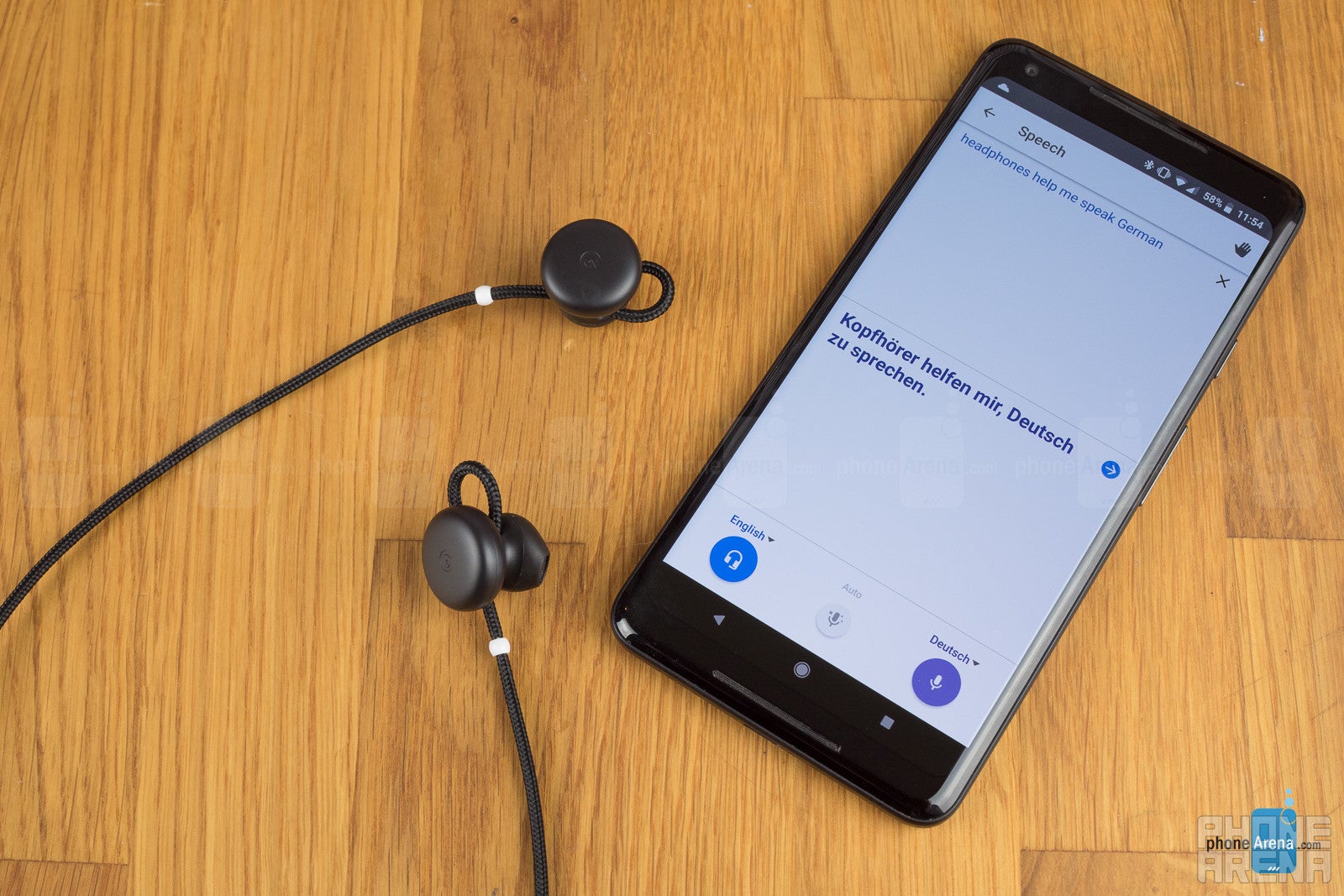
The other big feature being touted for the Pixel Buds is integration with Google Translate, helping to ease communication between speakers of disparate languages. First off, one big caveat here: to take advantage of this ability, you absolutely have to be using the Pixel Buds with a Pixel phone – it won't work with other Android devices like Assistant integration does. That right away is hugely annoying, and while we realize Google's targeting Pixel phone owners with this accessory, to do so at the expense of the rest of the vast Android user base is troubling – even if there is a good technical reason for doing so.
When using this feature, you'll press and hold the right earbud while speaking, and then your phone will repeat your words in the language of your choice. You can hand your phone to the person you're trying to communicate with, and they can press the on-screen microphone icon to speak their response, which will then be translated and piped back to the Pixel Buds for you to hear.
This works – no question there – but it's not quite the seamless solution you might have imagined when hearing about a headphone-based translation device. We're nearly to the point where you can “just talk” and communicate with a speaker of a different language, but the push-to-talk nature of this experience, and the need to hand your phone to a stranger, reveal there's still room to grow. Maybe ideally, both parties would be wearing something like Pixel Buds, and the system would automatically detect when you're speaking, rather than requiring additional interaction. But all this is more wishful thinking than a criticism of what the Pixel Buds do now. For now, simply using Google Translate on your phone remains the more practical, more convenient solution, but its integration into the Pixel Buds is definitely a step in the right direction.
Controls

All your interactions with the Pixel Buds occur through the right earpiece's touch-sensitive surface. You can tap to play or pause, tap and hold to access the Google Assistant, and double-tap to check on Assistant updates or stop Assistant announcements. The only slightly oddball one here is that volume controls use forward and back swipes for volume up and down, rather than maybe the more obvious answer: up and down swipes.
While that's all fine, we do seem to be missing some otherwise common controls. Maybe the most glaring are track controls for next and previous – these can only be performed through a voice command. There's also no easy power on/off function; while returning the Pixel Buds to their case accomplishes that well enough, some users might prefer the ability to control that themselves, especially if they don't care to carry the case on their person all the time.
Sound Quality
While excellent sound reproduction probably isn't the main consideration of shoppers picking up the Pixel Buds, with the voice-control features taking the spotlight, it's nonetheless an important angle to look at when we're talking about an accessory like this.
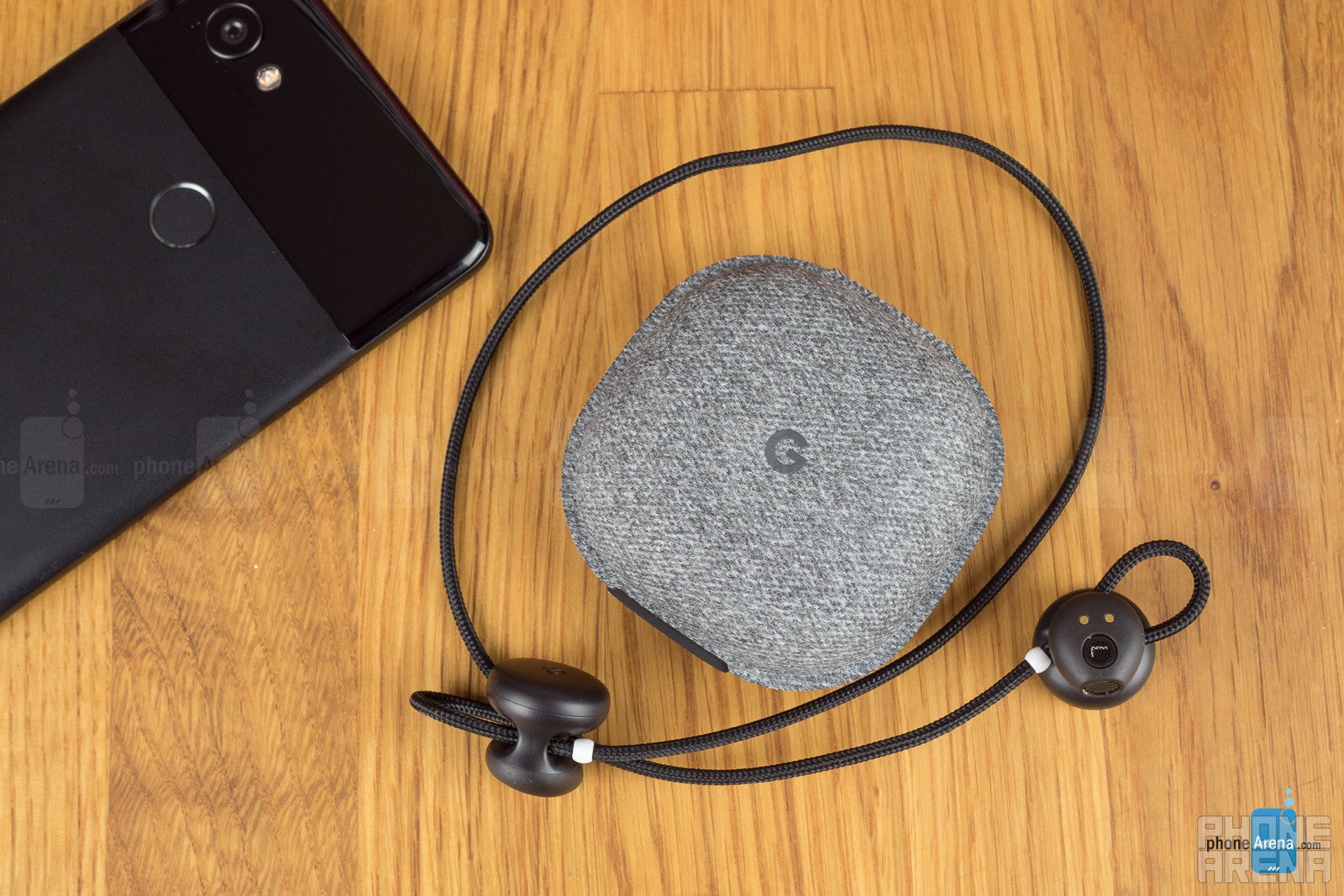
While not necessarily a weakness of the Pixel Buds themselves (as we could just as easily blame Android's Bluetooth stack), there's an annoyingly audible degree of clicks, pops, and low-level white noise as you navigate the Android UI as system and app sound effects start and stop.
As you might expect, you can also use the Pixel Buds for voice calls. You can initiate calls with the help of the Assistant, or tap the right earpiece to answer incoming calls. Sound quality is fine, but having the call right in your ear tends to highlight some of the weaknesses of voice call fidelity – again, that's not a specific problem with the Pixel Buds themselves, but more a consequence of using an earpiece for calls in the first place.
Battery Life
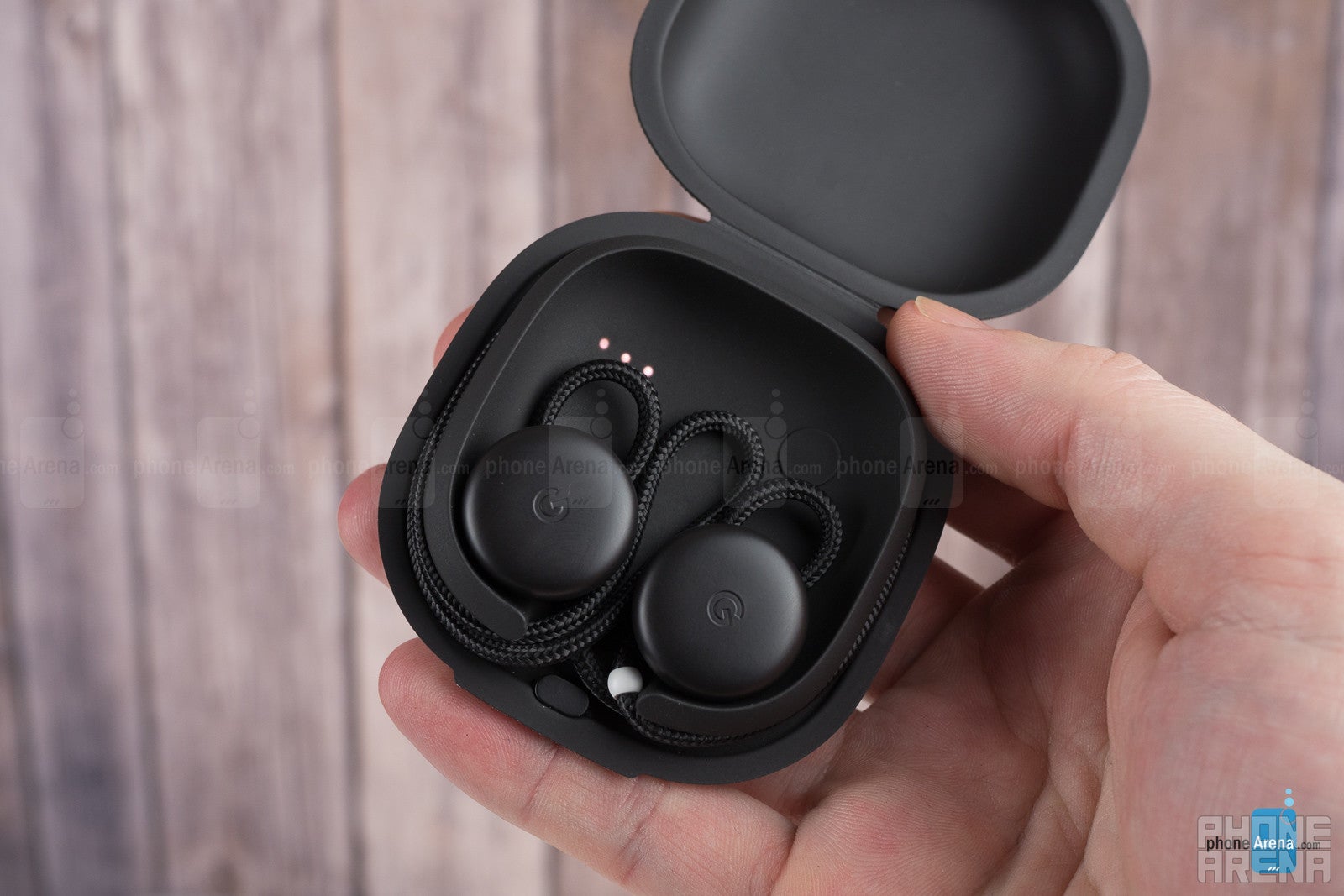
The Pixel Buds themselves are equipped with 120mAh of battery capacity, while the charging case quintuples that to 620mAh. While listening times will vary based on factors like volume settings, Google says that an average expectation of about five hours playback on a single charge is reasonable.
That's not bad, and just using the charging case, you can get a couple solid days of listening out of the Pixel Buds before having to recharge the case. And of course, you can recharge the earbuds within the case while charging the case itself, helping to cut down a little bit on the delay before your next listening session.
Conclusion
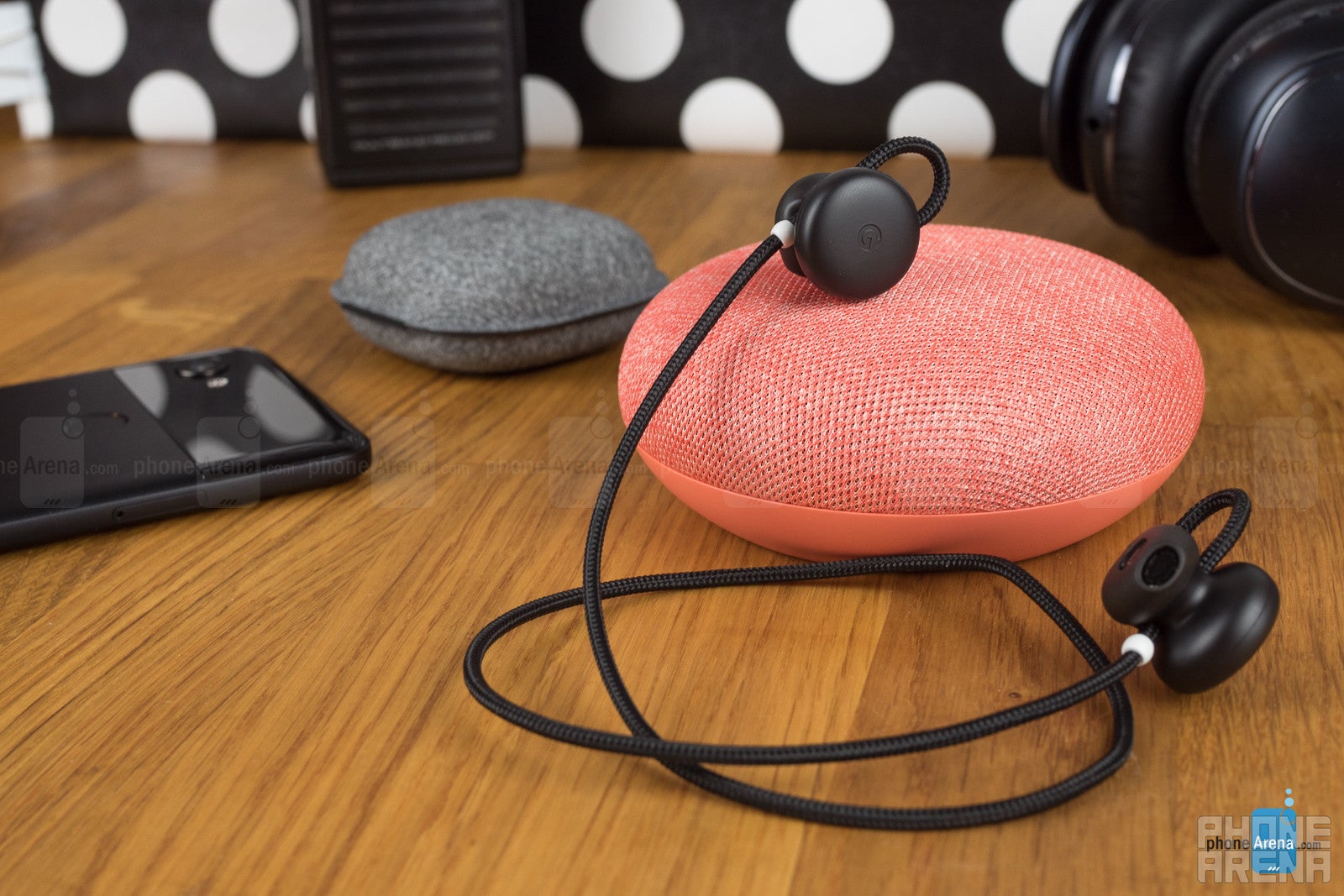
It was probably an inevitability that Google was going to release its own Bluetooth earbuds, and the Pixel Buds represent a not-horrible first effort. But they've also got a lot of rough edges, and in everything from the case design, to the design of the earbuds themselves, to the touch controls, to the software features, we find ourselves wishing that a lot were different here.
If they were really affordable, we could probably look past some of that dissatisfaction, but with the Pixel Buds selling for nearly $160, our standards have to be a bit higher. Once-and-done problems, like the hiccups we faced during setup, might not pose a major barrier to adoption, but so many of these annoyances are going to crop up every time you use the Pixel Buds that the earbuds are difficult to recommend in their current state.
Is there still a future for this accessory? Maybe, but we're not holding our breath. A price drop would help, but not outright solve the majority of problems – just make them more palatable. And it doesn't look like it's possible for software updates to correct the lion's share of our issues.
All that said, Google has some decent ideas here, and we'd love to see where the company takes things going forward. Just as the Pixel 2 phones have done a lot to improve on the user experience of the first-gen Pixels, perhaps the Pixel Buds 2 will make Google's earbuds a compelling buy. For now, though, you're probably better off with a third-party pair.










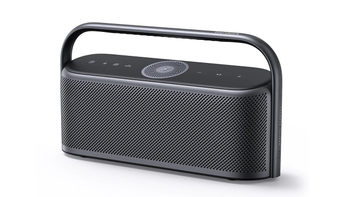
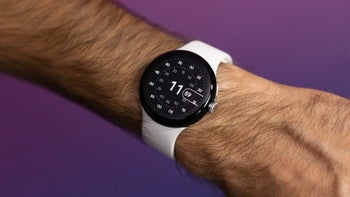
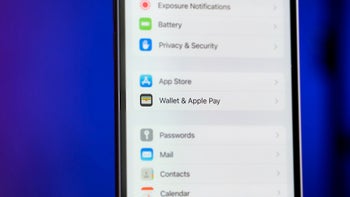
Things that are NOT allowed: